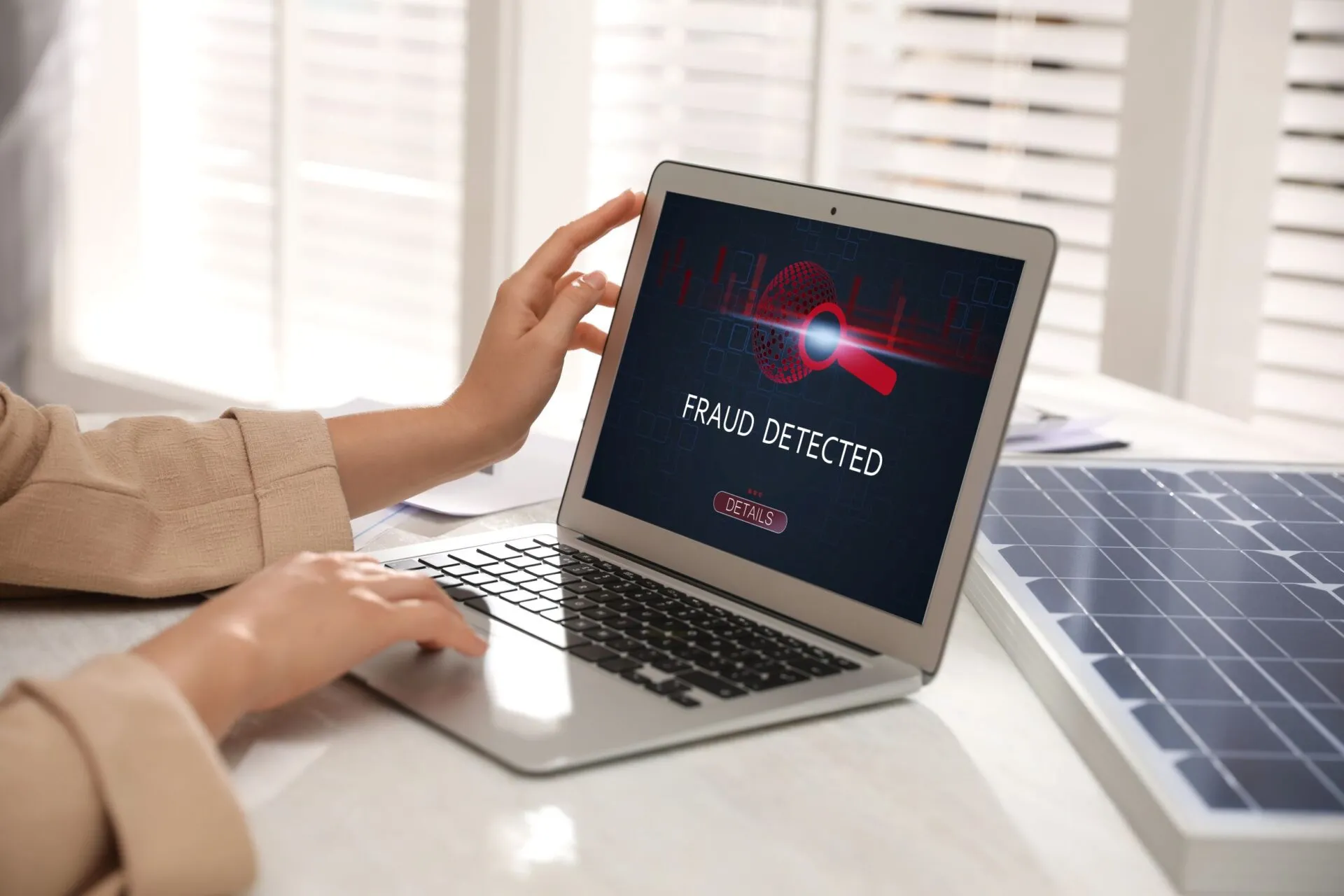Have Questions? Contact Us.
Since its inception, NYCLA has been at the forefront of most legal debates in the country. We have provided legal education for more than 40 years.

It appears that there is one thing that all nine of the justices on the Supreme Court have finally found they can agree on, which is that it is really hard to control and regulate fraud and misinformation on the internet without coming into conflict with basic First Amendment values.
Last week saw oral arguments in two related cases presenting similar issues. In the first, the Court was faced with the question of whether Congress appropriately exempted internet service providers from liability under Section 230 of the Communications Decency Act, which provides a safe harbor for ISPs from being held liable for materials posted on their sites. The next day the Court considered whether an ISP could be held to be a conspirator for hosting information posted by a third party pertaining to terrorist activity. The outcome of both cases remains uncertain but it is clear that the justices were all bothered by the implications no matter what they did.
In the case of Section 230, Congress granted the exemption from liability to encourage ISPs to offer posts without having to worry about policing them. Naturally no one wants in the abstract to see fraud and misinformation on the internet–although what is fraud and misinformation and what is “truth” can be in the eye of the beholder. Persons of Red Faith see “woke” misinformation, and want to suppress it, and persons of Blue Faith see racism and inequality and also want to suppress it. You can quickly see why Congress wanted ISPs to be able to avoid the resulting First Amendment quagmire.
Compounding matters is the fact that ISPs have their own First Amendment right to post, or to decide not to post, content they may agree with in the first case, or find offensive and of public safety concern in the second. The right of free speech includes the right not to speak, or endorse, as well. And, making these decisions in the real time speed with which the internet functions would an impossible burden. Again one can see why Congress saw fit to grant the liability exemption for the making of these “editorial” decisions.
Relatedly, the next day the Supreme Court entertained argument in a terrorism case where it was alleged that an ISP hosted a post that encouraged terrorist activity. The question was whether that permitted the ISP to be charged as a conspirator. Again there are similar conflicts between the duty to police posts v. the impossibility of doing so perfectly and in a timely manner. While not necessarily implicating the First Amendment principles at stake in the 230 case in the same way, the tensions are similar.
If the Supreme Court were to hold, in either case, that the ISPs can be required to police the posts, with liability imposed if they don’t, the internet world will be dramatically altered. Try to imagine how Elon Musk would have to behave in that event. All of the industry commentators went into the arguments with op-eds and tweets about how dangerous the decisions might be.
Fortunately for those commentators, all nine justices seemed to understand the challenges. While it is always difficult to predict the outcome of any Supreme Court case, on this one I’ll venture to say that the Court will uphold Section 230 as a valid exercise of Congressional power to support the First Amendment, and find that the post allegedly encouraging terrorist activity does not by itself make the post’s host a conspirator. The Red Faith and the Blue Faith can continue to post, and to fight, and their respective First Amendment and political challenges to each other will also continue, vociferously and vituperatively. And, Elon Musk will continue to act outrageously.
The views expressed here are those of the author, and do not necessarily represent or reflect the views of NYCLA, its affiliates, its officers or its Board.